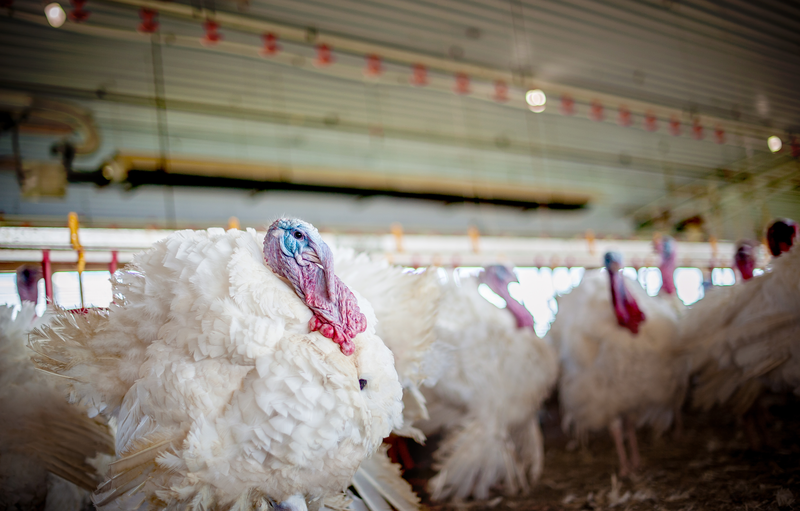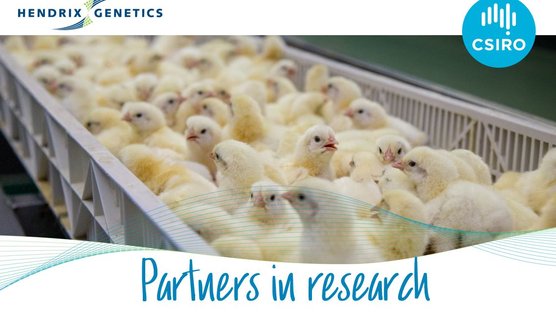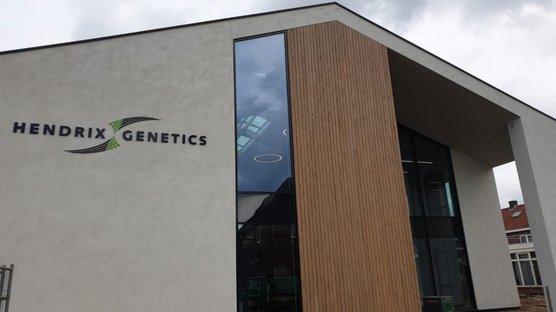
Published on Oct. 16, 2023
Researchers uncover new turkey genome sequence
A recent study from the Wageningen University & Research and Hendrix Genetics (Hybrid Turkeys) has uncovered a new sequence of the turkey genome.
This high-quality DNA genome sequence assembly for the domestic turkey will help us make more progress in advancing our genetic program to improve desirable traits that add value for our customers.
The discovery of this new turkey genome sequence is the result of a long-standing collaboration between Hendrix Genetics and Wageningen University & Research. This team continues to play a leading role in poultry genome sequencing.
What is genome sequencing?
Genome sequencing is the laboratory process that determines and assembles the complete DNA sequence of an organism's genome. Having a high-quality reference genome is key in calculating genomic breeding values and detecting genes that results in difference in performance.
Using a new sequencing technique called "trio-binning", we now have even more insight into the turkey genome. Trio-binning delivered two genome assemblies – one for each of the parental lines. This reveals differences in genomic architecture between lines that may explain differences in performance. This genome assembly allows us to better pinpoint and track important genes in our breeding populations.
How does this impact the value chain?
This new sequence assembly is an important tool for detecting genes that contribute to certain traits. Detection of genes will also allow us to further improve the efficiency of our genetic programs, allowing us to realize faster genetic progress in our products. Martijn Derks, lecturer at Wageningen and co-author of the article states, "a high-quality assembly of the turkey genome, including the microchromosomes, will yield valuable insights into turkey genetics, evolution, and the genetic basis of complex traits. These findings can greatly benefit breeding programs aimed at enhancing the health and productivity of domestic turkey populations."

The more detailed insight in the turkey genome will help us to further improve our genomic selection procedures which will allow us to better meet the needs of our customers.
Click here to read the full article.



